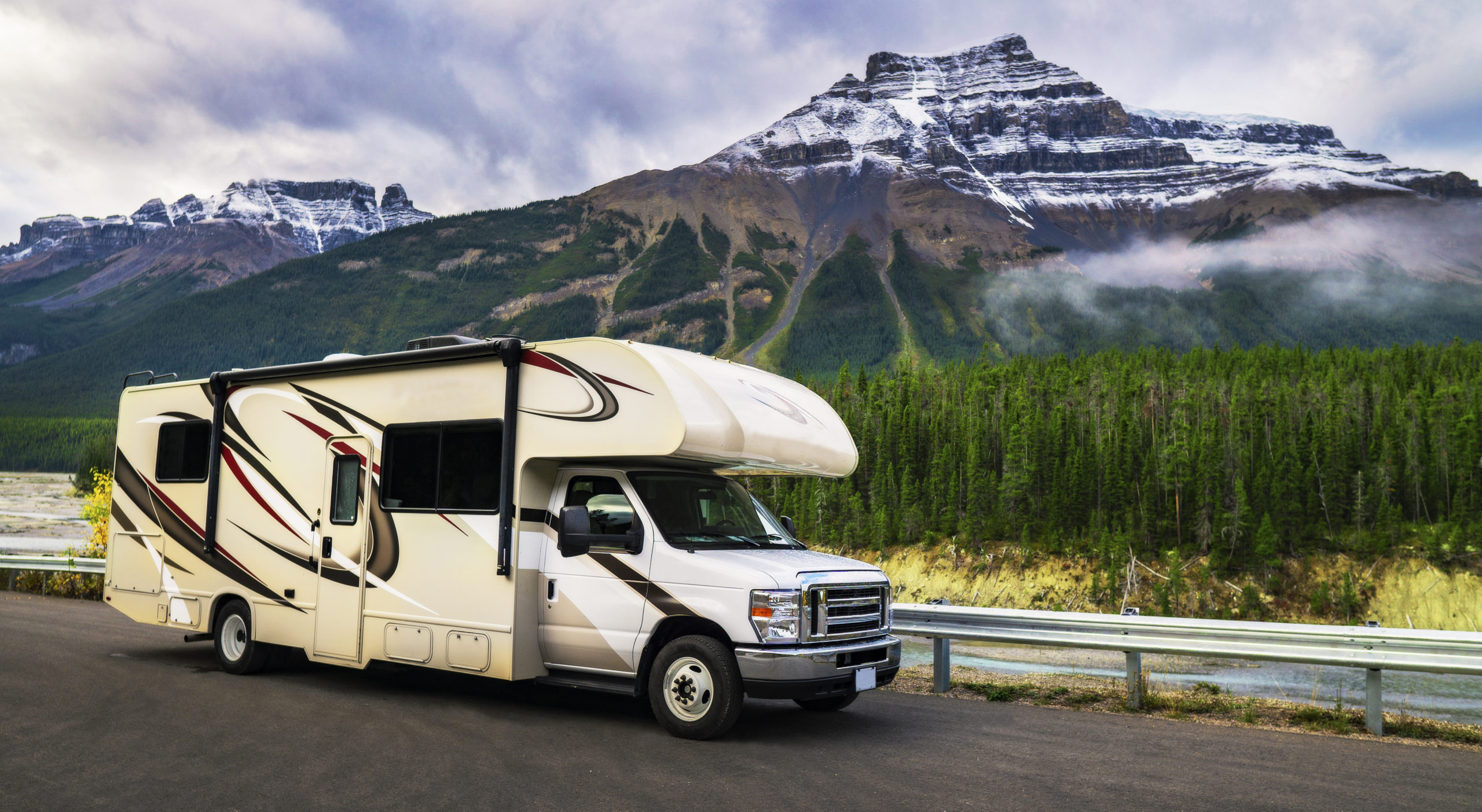If you are of a certain age or an old movie buff, you may be familiar with the unnerving comedy of the film, The Long, Long Trailer. It was released in 1954 and stars Lucille Ball and Desi Arnaz. Filmed in Yosemite National Park, it’s about a newly married couple who buy a motorhome and spend their first year of marriage traveling across the United States. I am sure you can almost write the plot yourself just from the movie title, but it’s a classic and worth seeing again, especially the scene where Nick (Desi Arnaz) is backing up the trailer at Aunt Anastacia’s home. Some things are universal and timeless! Due to the COVID-19 pandemic, there has been a renewed interest in Recreational Vehicles (RV’s). Let’s take a look at some of the pros and cons:
The freedom to travel on your own schedule
PRO: Traveling in your own RV allows you to avoid air travel. No more figuring out a ride to the airport or parking in long-term lots. You won’t have to add at least 1 ½ hours to your trip to go through security and taking off your shoes and belt. No expensive food at the terminal, filling up your water bottle once you go through security. Most exciting of all, no more 3-ounce bottles!
CON: Although it seems you can travel when and where you would like, you are bound by road restrictions, such as bridges and the height of your RV, and traffic. RVing also requires quite a bit of planning. You must find campsites or parking each night, and reservations are a must at the most desirable locations. You will also have to monitor and empty your tanks. There is a black tank for sewage, a gray tank for the shower and sink water, and a freshwater tank. Not all campsites and rest stops allow you to empty your tank, so planning ahead is a must.
Your own bed, and related personal items.
PRO: It only takes one time of staying in a not-so-clean hotel room to convince you that having your own contained living space is a great idea. No more lumpy mattresses, deciding between privacy and maid service, or $25.00 breakfasts! In your own RV, you can cook the type of foods you like. You can carry more clothes than what fits in a carry-on suitcase. You can be assured that you remain socially-distanced to your comfort level. In addition, bringing your four-legged family members with you is easy. Most RV campsites allow for dogs on leashes and cats if they stay inside the RV.
CON: While owning your own RV seems like an easy life, it is just like owning a second home. You must fully outfit your kitchen, bathroom, carry all your linens, do the laundry, have cleaning supplies on hand (for both inside and out) and use them often! You also have to carry outdoor furniture and accessories as well.
Then comes the stress of driving the vehicle. It is suggested at least two people in your party know how to drive your RV in case the primary driver gets tired or worse, sick or injured. It is also highly suggested that both drivers take RV driving courses. Because many RV owners find it a little tiring, it is also suggested that you only drive 3-5 hours a day.
Expenses
There are many types of RVs to choose from. A recent Kiplinger article states, “A trailer that’s hauled behind a truck or SUV is the most affordable way to test-drive RV living. A folding trailer, sometimes called a pop-up trailer, can cost as little as $6,000 and go as high as $30,000, according to pricing estimates from both the RV Industry Association and Consumer Reports. Conventional travel trailers (a hard shell all the way around) start around $8,000 but can top $100,000 depending on size and amenities. True fifth-wheel trailers that overlap the truck bed run from $18,000 to $160,000. And then there are motorhomes, which you drive rather than haul. Type A motorhomes, the heaviest and typically the roomiest, begin at $60,000 and climb above $500,000. Type B and Type C motorhomes, smaller and lighter than Type As, cost anywhere from $60,000 to $150,000” the article states.
To lower the cost itself, you can buy a used RV, but that comes with the added expenses to update them to suit your tastes.
If you are planning on being just a part-time RVer, then you must think about the cost of storing your RV when not in use. Insurance for your RV can run quite high. Plus, when you add in the cost of gas, upkeep, campsite fees, and fees for emptying your tanks, using an RV for vacations may not be the best choice or value for your money.
But if you are a planner, like to drive, and are open to all kinds of adventures, RVing may be for you, just try renting one first to make sure!
Source: https://www.travelawaits.com/2553651/tips-for-first-time-rvers
Schultz Financial Group Inc. (SFG) is a wealth management firm located in Reno, NV. Our approach to wealth management is different from many other wealth managers, financial advisors, and financial planners. Our team of fee-only fiduciaries strives to help our clients build their wealth across four capitals: Financial Matters, Physical Well-being, Psychological Space, and Intellectual Engagement. We provide family office and wealth management services to clients located in Nevada, California, and other states. If you’d like more information, please check out our website or reach out to us via our contact page.
